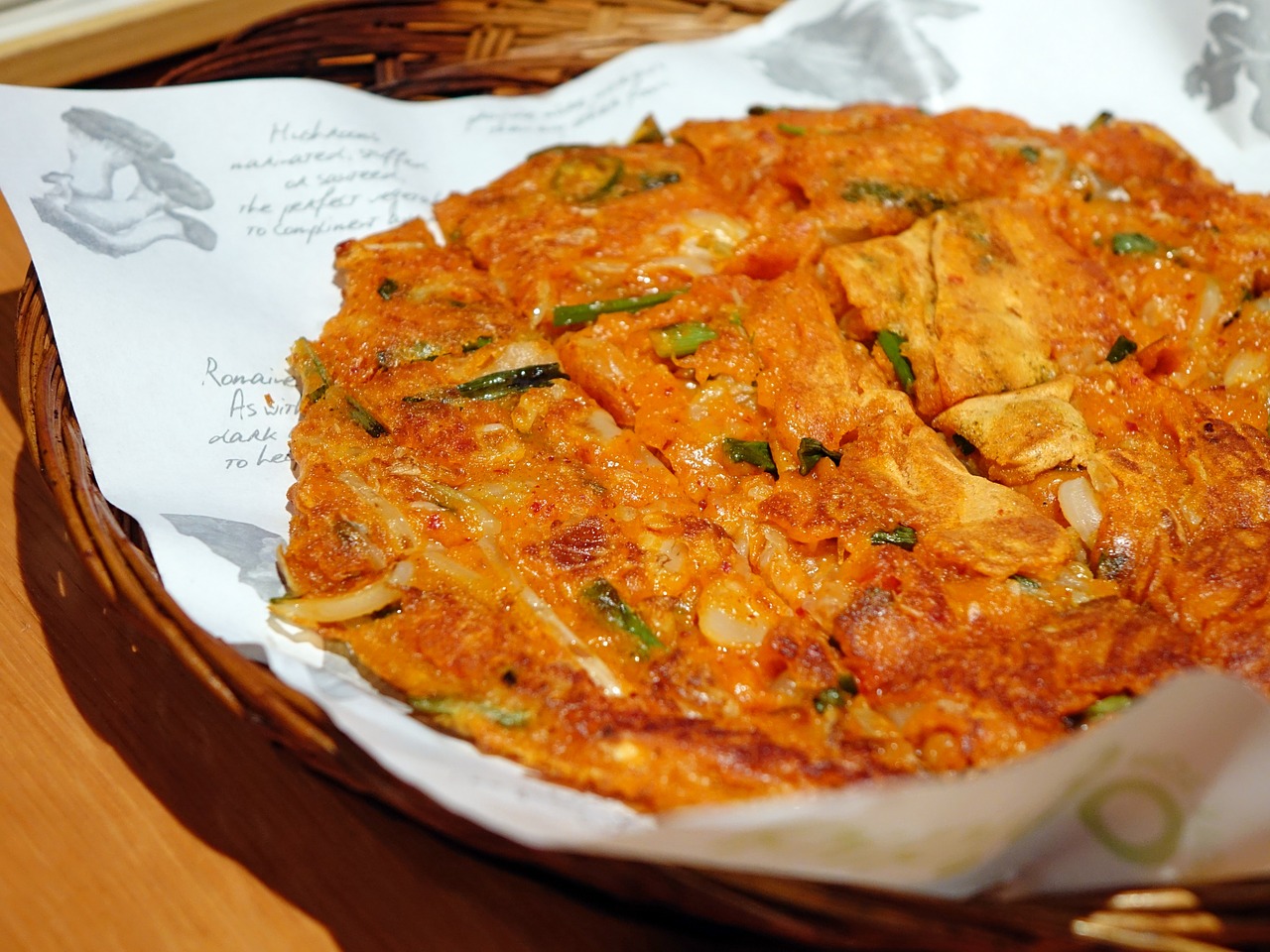Besides respiratory and psychological health, your digestive health also deserves attention as it greatly affects your immunity against various diseases. Although experiencing mild gut issues like bloating, gassiness, constipation and diarrhea is normal, frequent occurrence of these symptoms may lead to more serious complications such as gastroesophageal reflux disease, gallstones and stomach cancer.
Clean eating is one of the best ways to take care of your gastrointestinal tract. To improve digestion and prevent internal inflammation, you can follow a Mediterranean diet by eating whole grains, fruits, vegetables, lean meat or fish and healthy fats.
We understand, however, that we are currently in no position to change our eating habits as we are in the middle of a crisis. So you can always start small by avoiding alcohol, minimizing use of artificial additives and drinking plenty of water.
But should you have the privilege, incorporate probiotics into your diet as they can help with your gut problems. Probiotics are beneficial bacteria known to help manage digestion, increase immunity and reduce serious health risks such as cancer, diabetes and heart diseases. You can usually find these bacteria in fermented milk products like Yakult.
One problem though: Supermarkets have already limited purchases of fermented probiotic milk products to two to five packs per transaction. Fortunately, there are more probiotic-laced food items that can increase the number of beneficial bacteria in your system and lower health risks just as well as Yakult.
Yogurt

Yogurt is one of the best sources of probiotics. It also helps with managing high blood pressure and is suitable for those who are lactose intolerant. But if you’re one of the few people who can’t eat yogurt as it is, you can add it to smoothies, salad dressings or dips.
Kimchi

If you like spicy food but can’t eat them because of digestive issues, you can try kimchi. This Korean side dish (made from fermented cabbage or radish and is seasoned with red chilli pepper, garlic, ginger and salt) can be eaten with rice, eggs or ramen. You can also make pasta sauce out of it.
Pickles

Pickles are usually made with fermented cucumbers but carrots or apples can work, too. They are rich in vitamins and low in calories. If you find them too sour eaten on its own, you can add them to burgers, pizza and salads. Remember though that pickles are high in sodium so eat them in moderation.
Cheese

To be clear, not all types of cheese are great sources of probiotics—only those that are made of unpasteurized or raw milk. This includes cheddar, mozzarella, cottage and brie cheese. You can use cheese however you like, so let those chef skills shine.
Dark Chocolate

Just like cheese, not all dark chocolate products contain probiotics. But there are a few good ones that are rich in probiotics and are widely available in supermarkets. You can also look at the labels before buying to confirm if they are probiotic-laced chocolates.
Header photo courtesy of Mehrshad Rajabi on Unsplash
Get more stories like this by subscribing to our weekly newsletter here.
Read more:
For the healthy and the picky: Easy meriendas you can make with squash
The Philippine Harvest goes online, delivers local food products to your doorstep












































